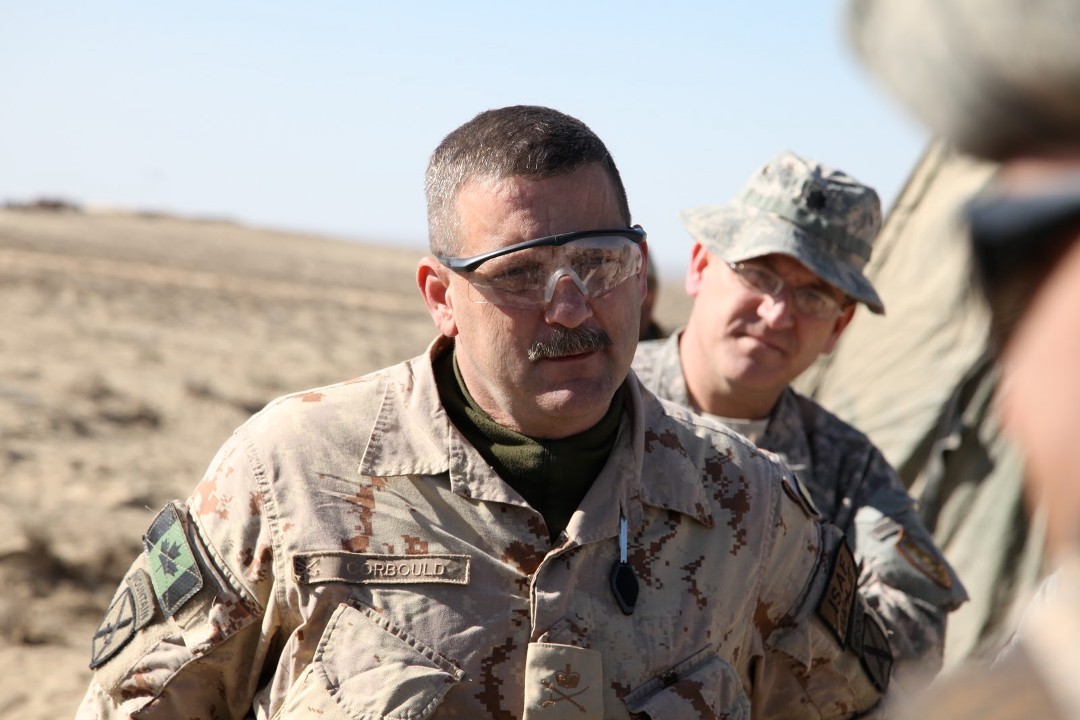While city manager Andre Corbould's sudden departure is something of a Shakespearean melodrama — did he jump or was he pushed? — the issues at the heart of his resignation will continue to vex city hall.
"The city manager leaving is never the first action," co-host Troy Pavlek said on Episode 257 of Speaking Municipally. "It's usually the tip of an iceberg of a cavalcade of events."
What elements have created that manager-sinking iceberg, then? Pavlek and co-host Stephanie Swensrude ran through several of them, including the city's response to homeless encampments (and challenges from advocates attempting to represent homeless residents in court), as well as the contradictory statements that came out of the city's negotiations with Civic Service Union 52.
Corbould and city administration have struggled with a direction from city council to slash $60 million from the overall budget and reallocate $240 million to priorities, otherwise known as OP12. That task has only grown tougher over time, given challenging finances and a mushrooming population requiring services and infrastructure. And now, Corbould is gone.
"What (Corbould's departure) leaves on the table is a very tenuous question of what happens with OP12, which was basically due this spring," Pavlek said. "And, you know, people watching closely seemed to think it wasn't really going to deliver on the promise. Now, the chief in charge of delivering OP12 is gone. This might put council in a very difficult budgetary position."
The drama is also playing out amid growing tensions between council and the provincial government. Corbould was alleged to be friendly with the UCP and seemed to have difficulties with council's priorities on issues such as climate change. Pavlek has long suggested that made Corbould insubordinate to council, and that several councillors wanted him gone. "Mack (Male) and I have been talking for years about council's strained relationship with the city manager and how the city manager tended to undermine council," he said.
Premier Danielle Smith recently told a Postmedia columnist that she is now "concerned" about Edmonton because of Corbould's departure, and is therefore "ready to assist." Both co-hosts found Smith's sudden alarm interesting, given Edmonton's many calls for provincial help in the past have been met with lukewarm concern. "Has Edmonton ever asked the province for help?" pondered Swensrude, provoking laughs. "I can't remember if they've ever, you know, requested some funding or anything from the province."
Indeed, Pavlek framed Smith's missive as just more politicking that's aligned with the UCP government's ongoing push to inject partisan politics into the municipal level. "I think even further, it is indicative of what's to come," he said. "Municipalities now have the go-ahead from the province to bring party politics to the municipal level to do those dogfights in the middle of council chambers."
Swensrude noted it is not just Corbould who has left but several senior city leaders over the past few years, including former deputy city manager Adam Laughlin. Former Edmonton Transit head Eddie Robar has stepped in as Corbould's interim replacement, winning an unofficial game of Survivor as one of the few senior people left who could fill in, Pavlek suggested.
Hear more on Corbould, the provincial response to homelessness, heritage protections in Glenora, a move to pedestrianize 83 Avenue, and the reduction of residential parking permit zones on the March 29 episode of Taproot's civic affairs podcast.

